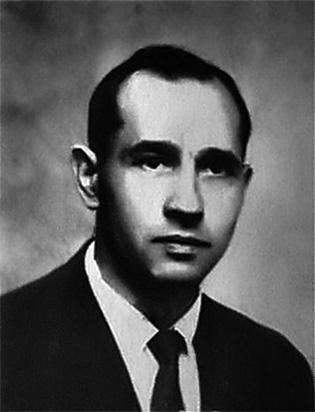Remigration or return? Back to the old homeland as a Ruhr Pole

Mail from Warsaw
On 11 January 2019, I received a registered letter from the Voivodeship’s office in Warsaw. My hands were shaking as I opened the letter. My disappointment was enormous. My application for Polish citizenship had been rejected and the reasons given in a detailed letter.
None of the documents or the family record book that I had submitted were considered sufficient evidence. We rang the Voivodeship’s office again so that we could find out in detail the reason for the rejection. The answer is quite simple: According to Polish law, the documents evidencing lineage (birth, marriage) must be issued by a Polish office. My great-grandfather was born in 1900. At this time, the Polish state did not exist. This means that anyone born before 1918 who did not have Polish papers issued after 1918, is, by definition, not a Pole. This is the case, even if their surnames and those of their forefathers are entirely of Polish origin and they were born in what is today Greater Poland.
The highest authority
After the initial shock, it took quite a while for me to process the disappointment. But “Poland is not yet lost”. My grandmother’s favourite saying that she liked to use in difficult situations reawakened my fighting spirit. For my wife and I it was and is absolutely certain that we would like to move our lives back to Poland. Our children are very well prepared for it; they are growing up bilingual so that the move won’t cause any language problems for them.
We thought about what other possibilities there could be. During my research, I came across the Polish Institute in Düsseldorf. This is a facility of the Ministry of Foreign Affairs of the Republic of Poland and, amongst other things, serves the cultural exchange between Poland and Germany. It also takes up historical issues. I wrote a letter to the Institute briefly explaining my situation and the facts of the case. Some time later, my wife and I received an invitation to Düsseldorf. In nan extensive discussion with an employee of the Institute, we were told that the President of the Republic of Poland, Andrzej Duda, can award Polish citizenship. On 23 May 2019, I had an appointment in the Polish Consulate in Cologne. I told them there about my issue and submitted an application for Polish citizenship to be granted through the President. I attached a detailed rationale of my request with the application.
I have yet to receive a response. When I enquired last week, the Consulate told me that there are no deadlines in cases like this and nobody can say when a response is to be expected. My fate once again lies in Warsaw’s hands …
Patrick Barteit, December 2020

























